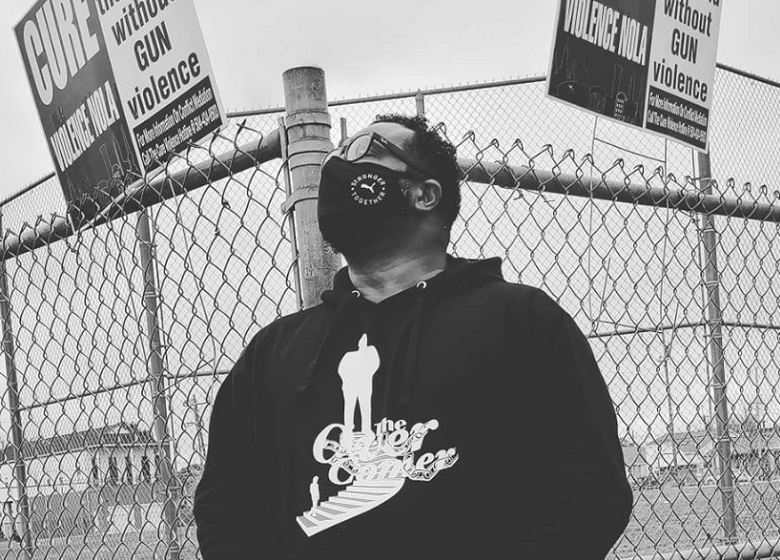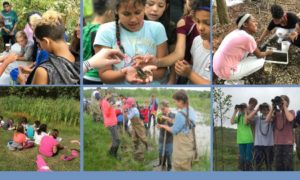In his late teens, Calvin Pep was drug-addicted, routinely packed a pistol, spent a year in jail before several murder charges against him were dropped — and lived to tell about being hit by bullets on the streets of his native New Orleans.
Half a nation away, a stray bullet pierced the throat of a then 17-year-old Joseph Sakran during a high school football game in his Virginia hometown, said the trauma surgeon and emergency room physician, now practicing medicine in Baltimore.
[Related: Public health strategists tackle New Orleans’ gun violence]
The backstories of Sakran and Pep couldn’t be more different. But their survivor stories drive their activism about the public health threat that gun violence poses and prove what some of the most alarming news headlines increasingly suggest: Almost anybody, almost anywhere, is a potential victim of gun violence.
“I never planned on being an activist,” said Sakran, a nationally recognized expert on multidisciplinary approaches that assemble law enforcement, medical and public health professionals around the table to develop and execute prevention strategies.
It’s critical, heart-wrenching work, he said, given the seemingly daily ravages of gun violence he sees at Baltimore’s Johns Hopkins Hospital where public health researchers’ April 2022 report concluded that Mississippi, Louisiana and Wyoming ranked No. 1, No. 2 and No. 3 in gun violence in the United States. (No. 48, No. 49 and No. 50 were Hawaii, Massachusetts and New Jersey.)
“One of the hardest parts of my job,” Sakran said, “is having to go into the waiting room of the hospital to explain to families of gunshot victims that they will never see their loved one again.”
Pep’s memoir, Overcomer: From the Gutter to the Utter, pours out his pain over the hurt he’s caused and endured. “I have been a perpetrator and a victim,” Pep said. “I grew up poor and abused.”
The traumas of his childhood — verbal, mental and physical battering by his mother and stepfather, he said — led him to an addiction to alcohol, marijuana and cigarettes. By the time he was nine, his mother sent him to a home for troubled boys. By the time he was 12, when he was released from that institution, he was back on the streets, committing robberies and car thefts, selling and smoking crack and dabbling in other drugs.
“I should have been dead,” he said, of being shot in the arm and leg in 1991 when he was 19.
He still marvels that he managed not to kill people he’d shot at back when he was packing a pistol. “Survival is the law of the streets. But I have seen a lot of deaths on those streets,” said Pep, who decided to turn his life around in 1996. He checked himself into drug-rehab.
His optimism about a future with fewer gun deaths keeps him committed to his activism and dedicated to his gun-riddled hometown.
“Change,” Sakran said, “will take a collective effort.”
[Related: At home in Arkansas and globally, shooting survivor campaigns against gun violence]






























